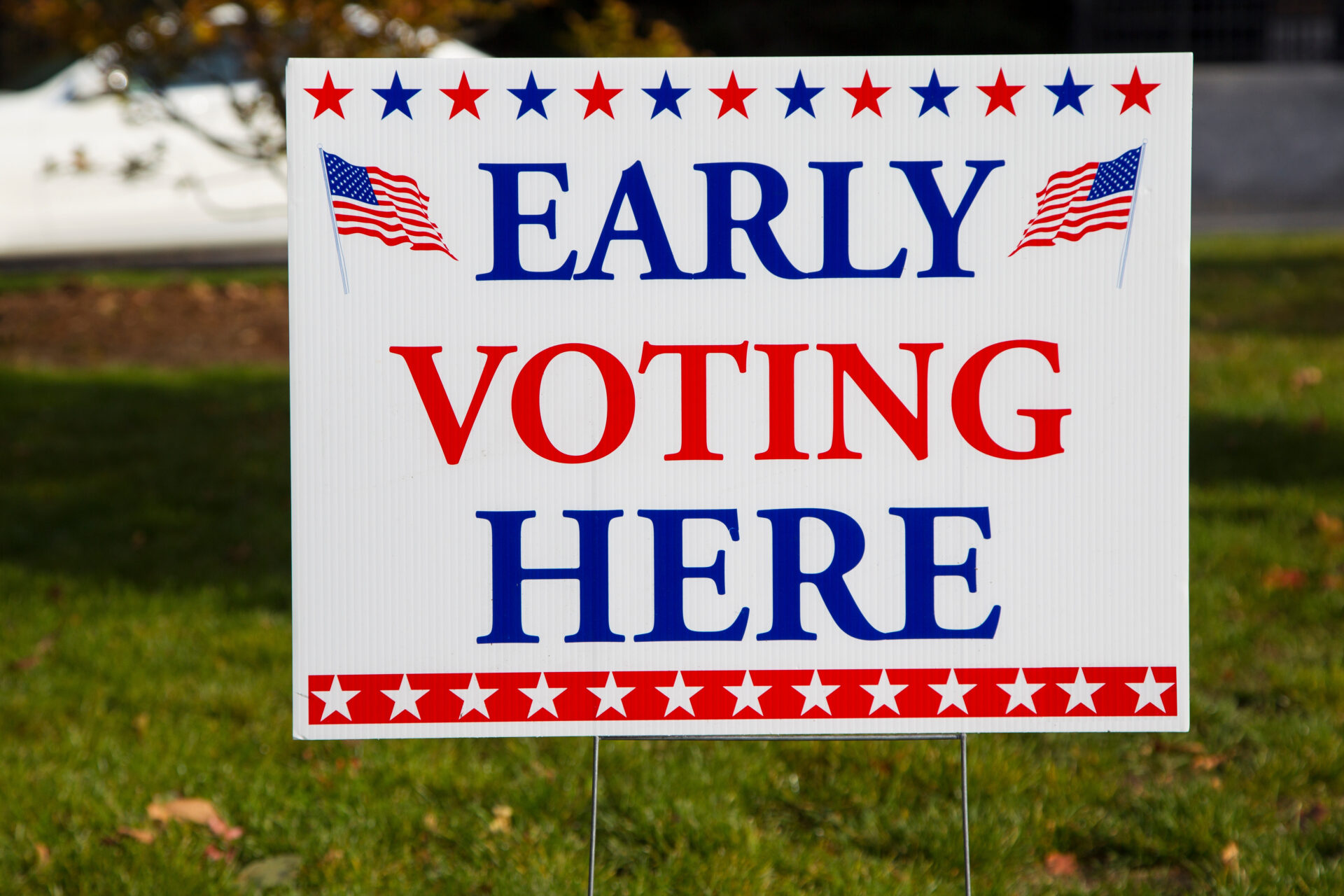A candidate running for statewide office sent thousands of West Virginia voters incorrect dates for this year’s primary election, according to Secretary of State Mac Warner.
Warner confirmed Thursday that his office received a verbal complaint regarding campaign text messages sent to many West Virginia voters containing inaccurate dates for the state’s primary election and early, in-person voting period.
Mike Queen, Warner’s deputy chief of staff, said that the incident seemed to be accidental, and resulted from campaign staff members copying the incorrect dates onto the candidate’s campaign messages.
Queen declined to disclose the candidate in question, and said his office notified the candidate of these concerns shortly after receiving the complaint. He added that the campaign team sent a follow-up text message clarifying the correct dates.
Still, “there is no way to correct it 100 percent,” Queen said.
Whether distributed intentionally or not, “inaccurate information disenfranchises voters,” he said. “It concerns voters, and a lot of times it leads to reduced confidence in the election process.”
Candidates accidentally distributing incorrect election information is uncommon, Queen said. However, this week’s incident was distinct due to its scale, with voters receiving the message across West Virginia.
“This isn’t the first time that it’s happened. There are folks who make a typo on a Facebook post,” he said. “We paid particular attention to this, and the only reason was this was such a large push out … so we wanted to make sure that we worked with the candidate to correct the error as soon as possible.”
Queen said Warner’s office took the incident as an opportunity to remind West Virginia voters to verify where they receive election information from, and rely only on the state’s election authorities — namely the secretary of state and county clerks.
“We work so hard to promote that there are only two trusted sources when it comes to election information, particularly dates,” he said.
Warner echoed Queen’s sentiments in a statement released Thursday.
“Even well-intended organizations and candidate committees encouraging voters to participate in the election process get the information wrong sometimes,” he said. “Those organizations, candidates, political parties and political action committees should always refer voters to their county clerk or secretary of state’s website.”
This year, West Virginia’s primary election will be held May 14. Early, in-person voting will be held from May 1-11.
For more information on West Virginia’s upcoming primary election, visit GoVoteWV.com — a website administered by the West Virginia secretary of state’s office.
